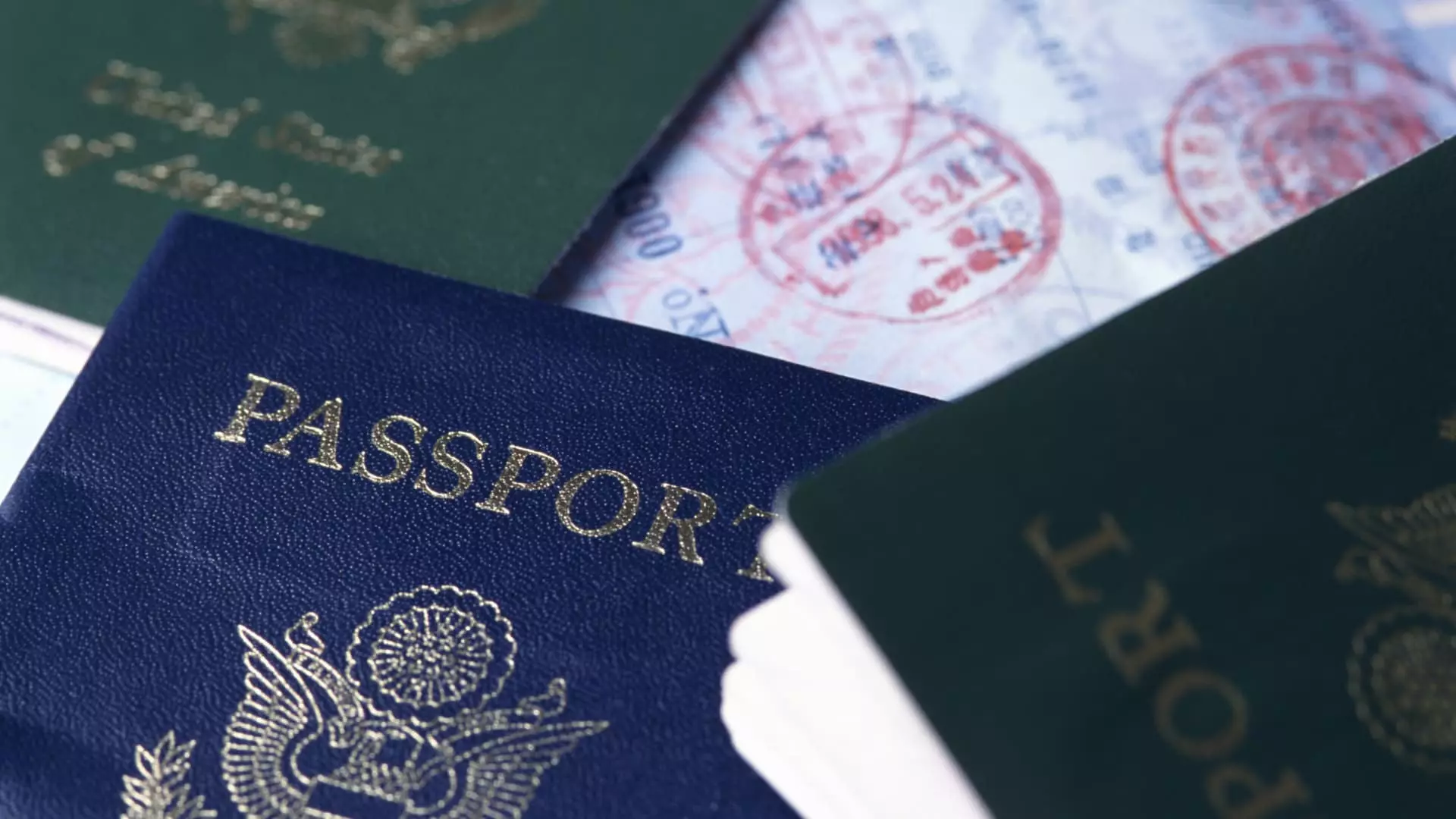In the ever-evolving landscape of international travel, national influence is increasingly measured by soft power indicators like visa-free access. Singapore’s consistent reign at the top of the Henley Passport Index underscores an important shift in global mobility dynamics. What makes Singapore’s achievement even more remarkable is its small size juxtaposed against the vast travel privileges it offers to its citizens—access to 193 countries without prior visas. This level of mobility signals Singapore’s strategic diplomatic relationships and its standing as a global hub for finance, technology, and innovation.
The small city-state’s success blurs the traditional links between economic size and international influence. Unlike larger countries such as the U.S. or China, which face outright travel restrictions and tighter visa controls, Singapore manages to punch well above its weight. This achievement manifests as an emblem of diplomatic finesse, economic stability, and a reputation for openness. The question then emerges: what lessons does Singapore’s model provide for other nations striving to elevate their global stature?
Challenging Power Dynamics in Passport Rankings
While the U.S. and the U.K. once held unquestioned dominance of the passport landscape, their rank drops in recent years reflect broader geopolitical shifts. The U.S. sliding from 9th to 10th place, narrowly missing a Top 10 spot, symbolizes a decline in its soft power appeal for international travelers. Such a trend is symptomatic of changing attitudes towards America’s global influence, possibly augmented by visa restrictions, diplomatic tensions, or shifts in foreign policy priorities.
Conversely, the ascent of Asian economies like Japan, South Korea, and now Singapore signals a realignment in global influence. These countries exemplify how strategic diplomatic engagement, regional stability, and economic vitality translate into increased travel freedom for their citizens. Their rise hints at a broader pattern where Asia increasingly challenges traditional Western dominance in international mobility. It suggests that a country’s global standing is no longer solely tied to military or economic might, but also to soft diplomacy and the ability to forge seamless international connections.
Diplomatic Success and the Future of Mobility
The particular prowess of Singapore’s diplomatic corps and its balanced foreign policy approach likely contribute significantly to its visa-free access. The government’s efforts to maintain strong relationships with diverse nations, despite geopolitical complexities, have paid dividends in travel flexibility. This is especially noteworthy in a time when geopolitical tensions threaten to fragment international agreements and create travel restrictions.
Furthermore, the rapid ascent of nations like the United Arab Emirates and China—both of which have strengthened diplomatic ties and invested heavily in global commerce—also highlights a shifting landscape. The UAE’s 34-place leap into the top 10 underscores how strategic positioning and diplomatic outreach can rapidly recalibrate a nation’s global mobility profile. This evolving scenario underscores the importance of soft power and diplomatic agility over mere economic heft.
What Lies Ahead for Global Mobility?
The trend lines demonstrate an increasingly fragmented and regionally influenced passport ranking system. While Singapore remains at the pinnacle, the continued decline of countries like the U.S. and UK indicates a potential redefinition of global influence metrics. Visa policies are increasingly being used as diplomatic tools, and countries are leveraging their mobility privileges to project soft power.
For citizens worldwide, these shifts are more than just numbers—they shape travel, business, and cultural exchanges. The ascending Asian nations imply a new era where regional powerhouses foster open borders, facilitating not just economic activity but fostering international understanding and collaboration.
As global mobility becomes more strategic, countries will realize that soft power—embodied in visa-free travel—can be a potent instrument in their geopolitical arsenal. For Singapore, maintaining its top position will require continuous diplomatic innovation and strategic alliances. For the broader international community, the challenge is clear: adapt to a new paradigm where passports are less about privilege and more about diplomacy and global influence.


Leave a Reply